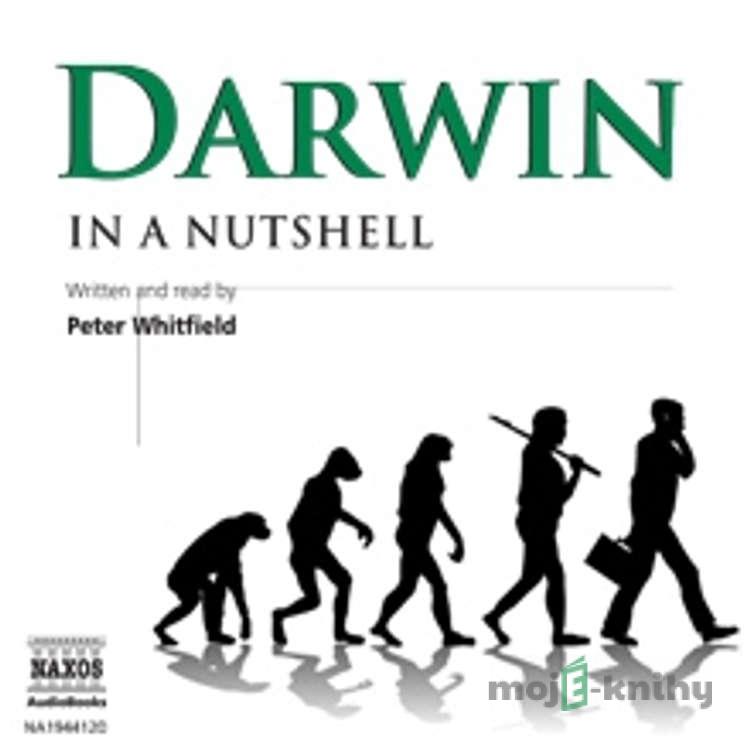Popis
From a new introductory series In a Nutshell with Darwin, marking the
200th anniversary of the birth of the English naturalist. Peter Whitfield
explains how Darwin came to his revolutionary views following his voyage
on the Beagle – and his initial reluctance to publish his findings.
Charles Darwin is one of the giants in the history of science.
Along with Copernicus, Newton and Einstein, he taught us something
fundamental about our world, and about the laws of nature. But Darwinism
is involved particularly with our view of ourselves, with human origins
and human identity. Darwin argued that the multitude of species now
present has evolved over aeons of time from common ancestors, and that
mankind is no exception; mankind is simply an advanced primate. When
first announced in 1859, Darwin’s ideas were hugely controversial, for
they seemed to strike at the heart of religious belief. Far
from being created by God in a single divine act, all life’s forms –
humans, animals and plants – had evolved, he claimed, from a single
primitive type of organism. Darwin portrayed nature as working in
obedience to blind impersonal laws, not in obedience to the hand of God.
‘The struggle for life’ and ‘the survival of the fittest’: these were the
phrases that summed up the Darwinian vision. ‘Is man an ape or angel?’
people asked after reading Darwin; the scientists ranged up on one side
and the traditionalists on the other.
Yet Darwinism also fed into the great 19th-century creed of progress. It
seemed to suggest that mankind, having evolved from the apes, was now the
summit of creation, and that it was his destiny to move forward to ever
greater achievements, to intellectual mastery and social freedom. So
Darwinism became one of the inspirations of positivism, humanism and
socialism. It undermined one kind of faith and advanced another. It was a
scientific theory which had enormous resonance outside the field of
science itself. Even progressive Christians were able to accept
evolution as part of a divine plan: it did not necessarily cut out God,
because God could be working through evolution.





Recenzie
Nikto zatiaľ nepridal hodnotenie.